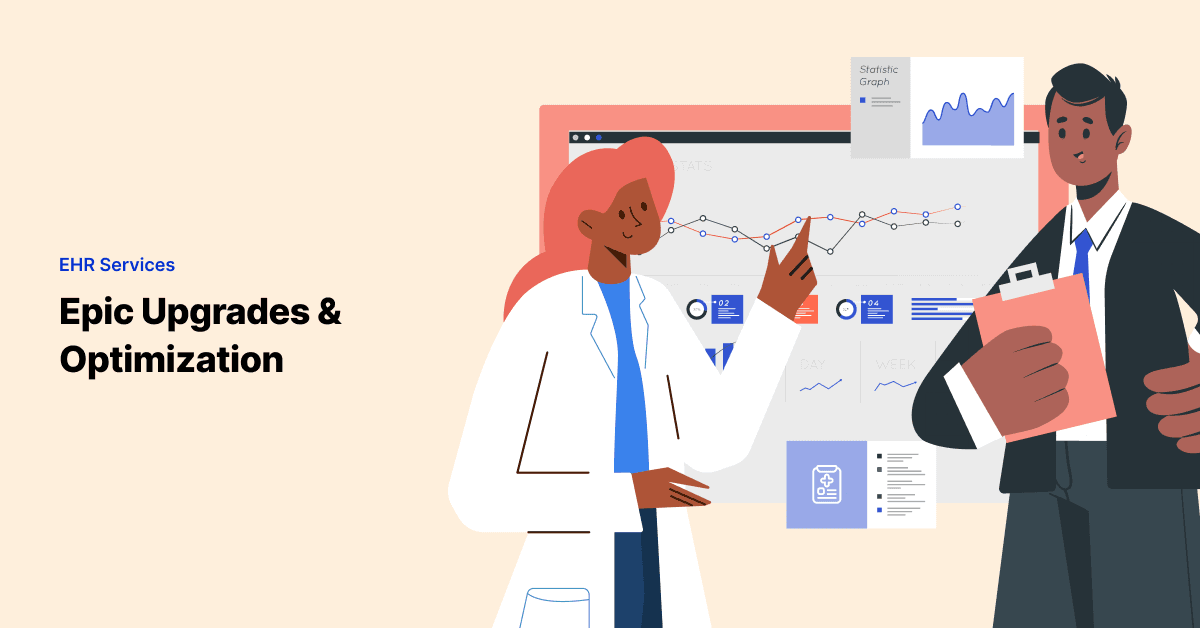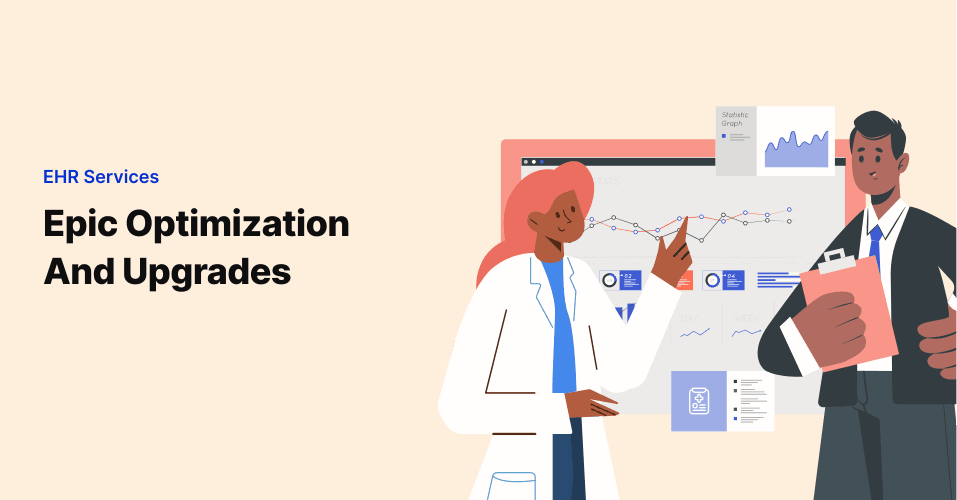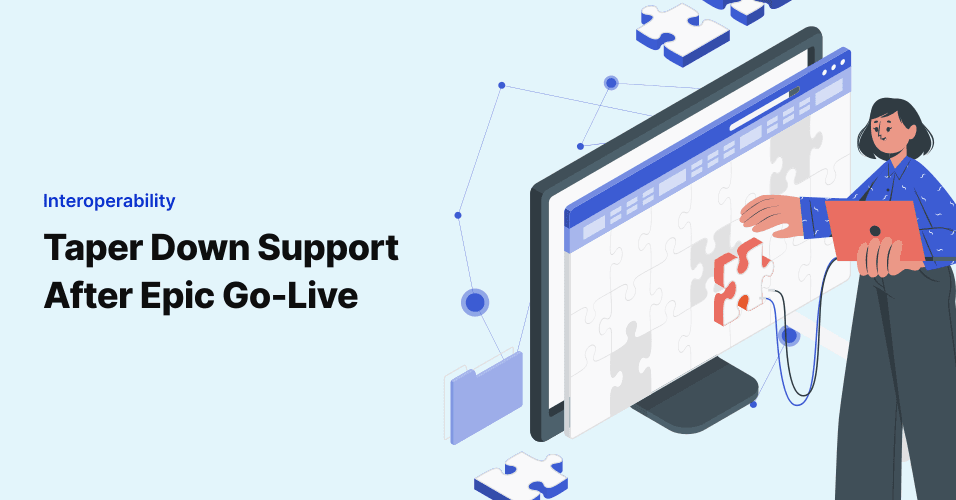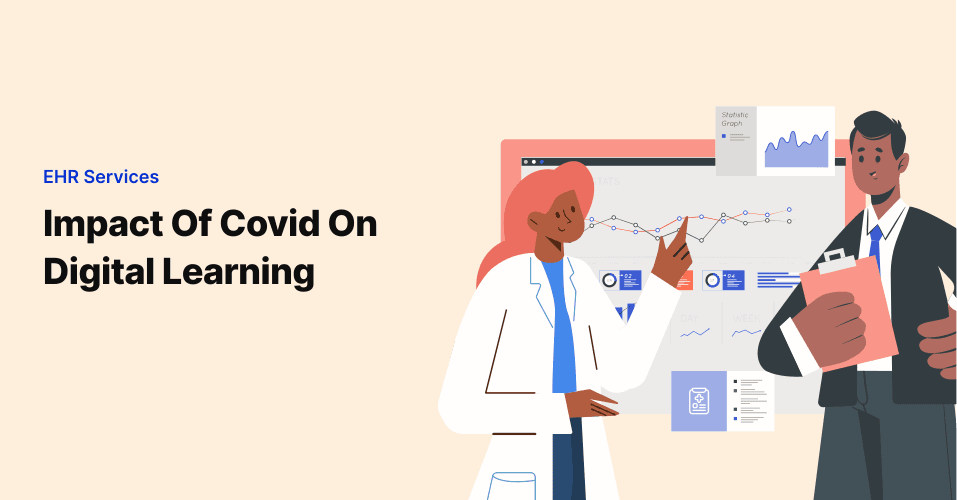
Planning for Smooth Epic Upgrades and Optimization
Congrats, you’ve successfully deployed your Epic instance and are humming along! There’s no lingering legacy …

Getting an Epic instance up and running is an exciting milestone for any health system, but it’s generally not too long before talk of optimization or an upgrade begins. Given the robust nature of Epic as an EHR, it’s not surprising that hospitals would want to take advantage of all that the healthcare IT solution has to offer by updating and streamlining workflows and integrations. Knowing how to prepare for Epic optimization goes a long way in bracing for some additional change, but also embracing the value of the upgrade to extend the investment for the organization.
We realize we’re talking about grown adults here, so making something mandatory doesn’t necessarily guarantee participation. However, we still advocate for treating EHR optimization and upgrade efforts with the same level of coordination and detail as you would an Epic implementation. The main reason for this is that hospital systems will still need to perform UAT, train clinical staff to new features and workflows, and ensure At-the-elbow support is available, just as we recommend with go-live. Think of optimization projects as mini implementations, and tackle them accordingly.
To this end, it’s important to communicate the value of the Epic upgrade to end users, just as with the initial roll out. Communication plans should incorporate the same level of detail, forethought and exposure to ensure that staff knows what’s coming, when it’s coming and why they need to be aware…not to mention, what’s expected of them (like training). This fosters better training attendance (or participation, if you’re opting for a digital learning approach to Epic upgrade training), and can even reinforce the importance of their feedback by seeing requests come to fruition.
Beyond just preparing for an upgrade, top-performing health systems leverage Epic’s optimization efforts to reach the highest standards of system efficiency and user experience.
Want to know how to maximize your Epic investment and achieve excellence?
Check out our guide on the Epic Gold Stars Program: What’s New and How to Excel to learn how your organization can work toward top-tier Epic performance.
Much in the same way we recommend approaching optimization training in the same manner as the initial implementation, it’s just as important to invoke formal testing/QA to support upgrades. While it may be true that no integrations were touched and everything “should” behave the same after the update, it’s the job of the Epic project management team to insist on another full round of testing (known as regression testing, when changes have been introduced to an already vetted solution) before launching the new version.
If the changes to an existing EHR instance are deemed minor, it would be easy for some to overlook the value of another full round of testing, citing budgetary and timeline concerns. We get it; those are always metrics that we’re looking to pare down in the implementation process. However, the value cannot be underestimated, and opting for even a lean round of testing the optimized Epic instance against the expected ecosystem — interoperable systems, ancillary integrations, patient management tools/plug-ins, etc. — better prepares health systems for the imminent changes without disrupting clinical throughput.
We’re talking about healthcare technology here, and we’ve been around long enough to know that even the best testing and development can’t preclude all post-upgrade issues. Even if there is a minor spike in reports of EHR issues or new challenges with recently introduced workflows, it’s prudent of hospitals to ensure their help desk and IT department are properly staffed and prepared for whatever potential issues may arise directly after Epic optimization.
Just as an organization would prepare for Epic Go-live, so too should they prepare for EHR optimization and upgrades. This includes training efforts, end-to-end testing and help desk staffing, among other things. Preparing for the unexpected will reduce friction and help clinical end users easily adapt to Epic optimization and upgrades, enjoying the benefits of their robust new health record.
Looking for more guidance on Epic Software Training?
Check out this guide on How to Approach Epic Software Training and Succeed.
Join over 3,200 subscribers and keep up-to-date with the latest innovations & best practices in Healthcare IT.

Congrats, you’ve successfully deployed your Epic instance and are humming along! There’s no lingering legacy …

Making the transition to Epic is a stellar move for hospitals and health systems. Sure, it takes considerable …

It’s safe to say at this point that there is no aspect of our collective lives that has not been impacted by …